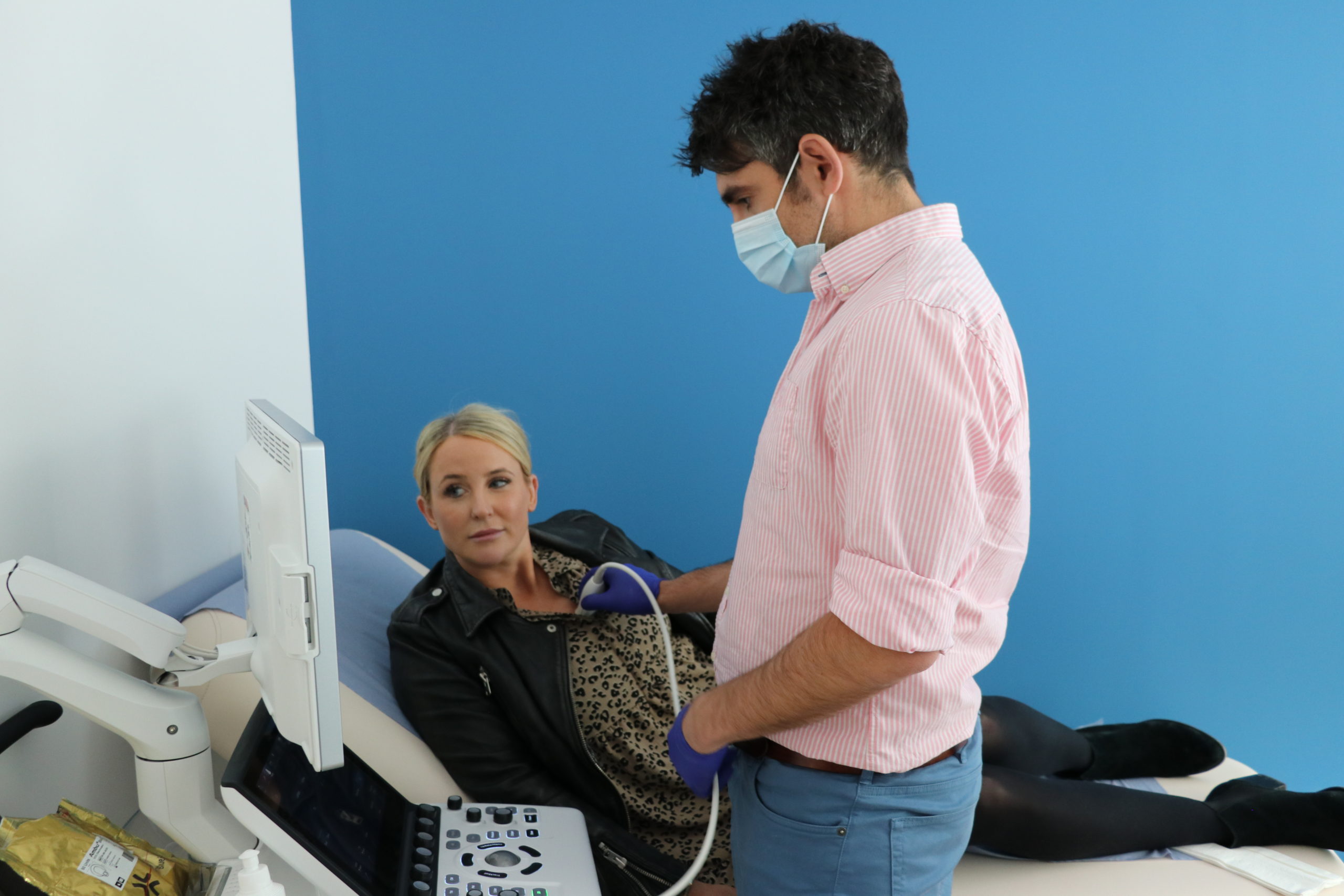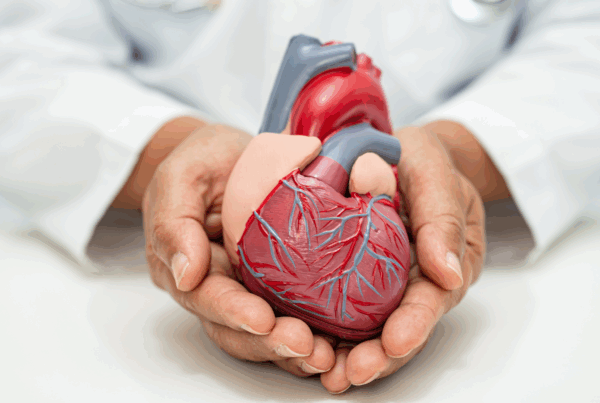Over the last 18 months, many more people have become worried about their health. With access to routine check-ups and diagnostics being delayed or cancelled due to the pandemic. Heart failure, angina and stroke are at the top of the list of some of the most anxiety inducing health conditions. However, not everyone knows the differences between these conditions and how to spot warning signs so action can be taken early.
As heart specialists, we try to explain the early warning signs of coronary heart disease and factors that increase your risk of developing the condition, as well as how they can differ from other conditions like stroke.
Heart Failure
Heart diseases can lead to heart failure, which is when the heart is no longer able to pump blood around the body properly. This is typically because the heart is too weak and does not have the strength to send blood to areas of the body that need it. One major consequence of this is that it can lead to the build-up of fluid in the lungs.
Symptoms of Heart Failure
- Dizziness and confusion
- Palpitations
- Fast heart rate
- Breathlessness
- Fatigue
- Swollen ankles
- Persistent coughing or wheezing
- Changes in weight
Heart attack
Many are familiar with heart attacks, but perhaps not what actually caused them. A heart attack can happen when someone’s arteries become completely blocked, preventing the natural flow of blood to the heart. There’s no denying that this is one of the most serious medical emergencies someone can face and will require immediate attention.
Symptoms of Heart Attacks
- Feeling weak, light-headed, or faint
- Pain or discomfort in the jaw, neck, or back
- Pain or heaviness in the chest
- Shortness of breath
- Vomiting
Angina
Sometimes mistaken as a heart attack, angina is a warning sign of coronary heart disease. It typically presents itself as chest pain caused by reduced blood flow to the heart muscles. While it’s not usually as life-threatening in the same way a heart attack is, it’s a warning sign that you could be at risk of a heart attack or stroke sooner.
Angina can be triggered by stress or physical exertion and if mild can pass within ten minutes and normally subside. However, if you experience angina, you should book an appointment with a cardiologist to image the heart arteries and then start angina treatment.
Symptoms of Angina
- A pain in the chest
- Breathlessness
- Nauseous
Stroke
Strokes are most commonly caused by a blood clot which prevents the blood supply to the brain. This could be caused by a clot or bleed and in some cases can vary in severity.
Symptoms of Stroke
- Numbness or weakness in the face, arm, or leg, especially on one side of the body
- Confusion, trouble speaking, or difficulty understanding speech
- Visual disturbance
- Trouble walking, dizziness, loss of balance, or lack of coordination
- Severe headache with no known cause.
How is heart disease treated?
All of these things listed are serious health concerns. Sometimes they can be managed with effective prevention tactics which can include making simple changes to your lifestyle, such as increasing the amount of exercise you do and improving your diet.
However, effective treatment of heart disease and other cardiovascular conditions relies on calculating an individual’s chances of having the disease based on risk calculators and implementing various interventions.
At Venturi Cardiology we use state-of-the-art imaging and diagnostic technology to establish whether you actually have the disease and what needs to be done to reduce your risk of a heart attack or stroke. This can involve prescribed medicine or in the most serious cases, a procedure or surgery.
If you are at risk, we can offer you personalised treatment strategies, including angina treatments, that will reduce your risk of heart attacks and strokes. Please visit the website to book a consultation or call today on 01925 748 245.












